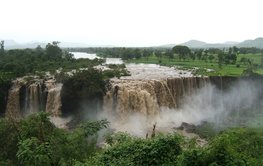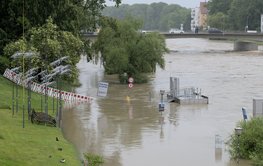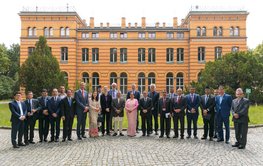Borehole-based station at the Sea of Marmara will record an entire range of deformation processes, from slow aseismic creep to classic earthquakes as well as pore fluid pressure data.
You are a journalist and would like to receive our press releases via E-Mail?
Please send us a message
Seismologists measure tremors up to 5000 km away for weeks.
As part of an ideas competition, five technology transfer projects and three knowledge transfer projects have been selected for funding.
Why are the tectonically stable core areas of the continents gradually rising? How do some of the most distinctive landforms on our planet form?
From 22 to 24 October, the industry's largest event will take place in Potsdam for the first time. The GFZ will be the scientific partner of the organising Bundesverband Geothermie e.V.
Using simulation and AI, it was possible for the first time to break down the mass change responsible for polar movement into individual components – including the melting of large ice masses.
The new TrueTriax high-pressure testing system can simulate a wide range of processes on rock samples down to 10 km depth. This provides important data for geoenergy research & applications.
Sediment cores off the Nile mouth reveal insights into effects and causes of heavy rainfall episodes about 9,000 years ago. That will help to prepare for weather extremes in a changing climate.
Q & A on extreme water events in Germany from GFZ and UFZ experts
President Ram Chandra Paudel and his delegation informed themselves about current and possible future cooperations between Nepal and the GFZ against the background of increasing climate change.


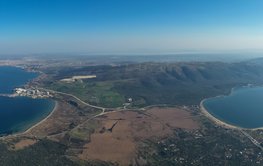
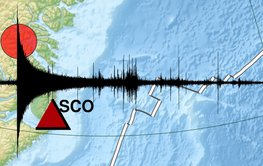
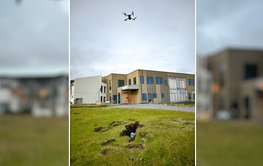
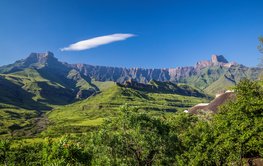

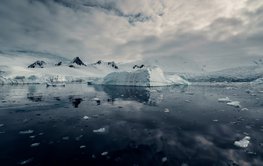
![[Translate to English:] Group photo with 7 people in front of a new metal plant in a large laboratory hall.](/fileadmin/_processed_/0/4/csm_20240628-GFZ_Einweihung_Triax-Anlage-PRESSE_Abb1_040_c-Bahlo-GFZ_08faf32907.jpeg)
